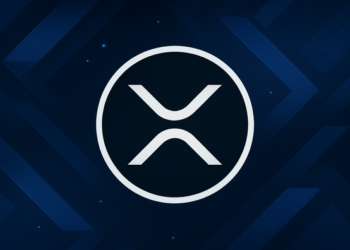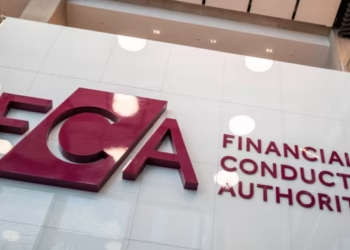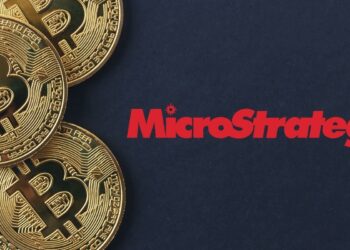Kakao Pay has taken a significant step toward launching a Korean won (KRW) stablecoin.
The company recently filed 18 trademark applications with the Korean Intellectual Property Office, combining “KRW” with letters representing Kakao Pay, such as “K” and “P.” These trademarks include variations like “KRWKP,” “KWRP,” and “KPKRW,” and cover services related to virtual asset financial transactions, electronic transfers, and brokerage activities.
🇰🇷Kakao Pay has launched a Korean won stablecoin project and filed 18 trademarks like “KRWKP” as South Korea advances a digital assets law that would legalize private KRW stablecoins, with Nexusth also aiming to be the first issuer.https://t.co/oHPVVHugTk pic.twitter.com/lrQjfCwpy5
— Telo News (@Telo_Official) June 23, 2025
While Kakao Pay has not disclosed detailed plans, it confirmed the trademark filings are a proactive measure in preparation for its stablecoin business. Industry insiders interpret this move as Kakao’s strategic effort to secure branding rights ahead of the anticipated launch of its won-backed stablecoin amid evolving regulatory frameworks.
The Digital Asset Basic Act in South Korea allows private entities to issue won-backed stablecoins, increasing market competition. Nexon subsidiary Nexth aims to become the first issuer of a won stablecoin, highlighting interest from gaming companies.
Kakao Pay is in the early stages of preparing for the release of a stablecoin, aiming to establish a strong brand that integrates the Korean won and its corporate identity. The entry of major players like Kakao and Nexth is expected to intensify competition in the Korean stablecoin market as the Digital Asset Basic Act moves forward.
This development marks a pivotal moment in South Korea’s digital asset landscape, potentially accelerating the adoption of stablecoins backed by the national currency. Market participants and regulators alike will closely monitor the development of these initiatives.
Notably, The FSC plans to introduce implementation measures for spot crypto ETFs in the second half of 2025. The roadmap includes developing the necessary regulatory framework and infrastructure to list and manage these ETFs while ensuring investor protection and assessing potential risks to the economy. This initiative is part of a broader effort to integrate digital assets into South Korea’s traditional financial markets, including phased approvals for institutional investors to trade cryptocurrencies.
If you want to read more news articles like this, visit DeFi Planet and follow us on Twitter, LinkedIn, Facebook, Instagram, and CoinMarketCap Community.
“Take control of your crypto portfolio with MARKETS PRO, DeFi Planet’s suite of analytics tools.”





















